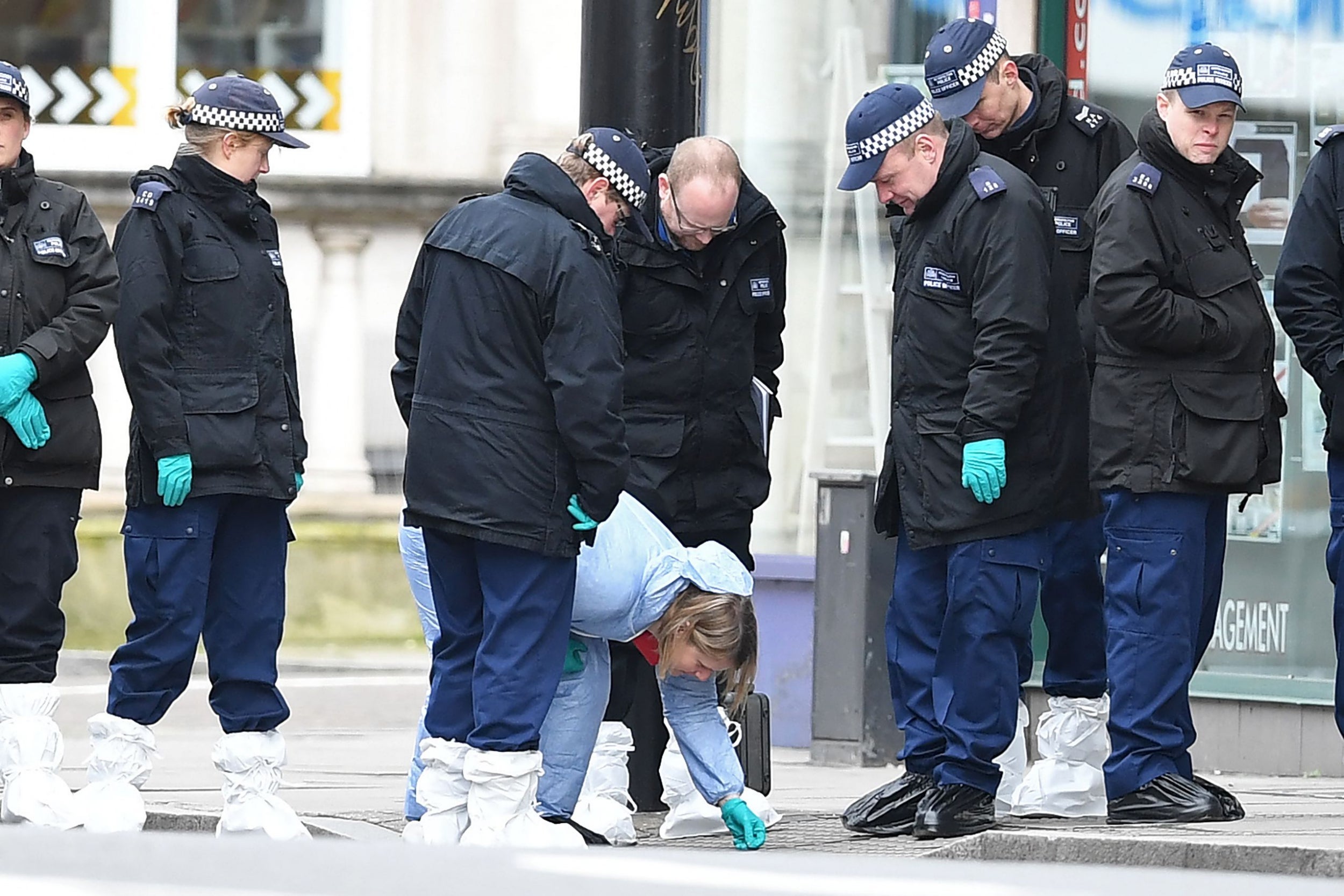Fresh questions over Britain’s main weapon against terror
Analysis: The Prevent counterterror programme has come under scrutiny again, writes Lizzie Dearden – and with delay after delay, it’s time for action

Suspected extremists flagged to the controversial Prevent programme are being dealt with differently across the country, a watchdog has found.
A redacted report by HM Inspectorate of Constabulary and Fire and Rescue Services (HMICFRS) found “inconsistencies” over the way the 43 police forces in England and Wales handle referrals.
It said there were different rates of how cases are dealt with across police forces and regions, and that in some the “assessment identifying a terrorism element” was being wrongly applied.
The report also raised concern over how extremists within police forces themselves were being spotted, the omission of the Ministry of Defence Police from the legally binding Prevent duty and the quality of training on radicalisation.
HMICFRS concluded that police were mainly meeting their obligations, but warned that there was no official measure of whether their efforts were actually working.
Inspectors found that police tried to use data on the number of referrals or training figures to evaluate Prevent, but there was no “coherent” measure of success. The report will contribute to the raging debate over the British government’s flagship counter-extremism scheme, which is already under review.
It has been the target of years of criticism from groups such as civil liberties organisations who accuse it of impinging on freedom of expression and religion by requiring schools, NHS workers and public authorities to report ill-defined “extremism”.
Those criticisms were echoed by a United Nations expert who released a report last week suggesting that Prevent and similar schemes mounted by other governments violated human rights.
Prevent leaders and the “intervention providers” tasked with stopping people’s journey into radicalisation fiercely defend the programme.
Many senior security figures, including the chief of counterterror police, see it as the only way to ultimately reduce the terror threat in Britain.
They point to current Prevent figures, which show that equal numbers of suspected Islamists and far-right extremists are now being referred, to rebuke claims that Muslims are disproportionately targeted.
And of those referred, only 23 per cent are passed to the Channel intervention scheme, while half are passed on to support services, such as education, housing and mental health, and a quarter of cases require no further action.
But even if the figures can assuage human rights concerns, the question of “success” – as it was framed by HMICFRS – will not go away.
Data protection rules mean that details of individual cases are not routinely released, and Prevent interventions tend to emerge in court proceedings where people have gone on to plan or commit terror attacks.
It has been more than a year since the government promised an independent review of the programme, but it has been beset by delays and controversy.
The first reviewer appointed – Lord Carlile – resigned amid a legal challenge in December and a new chair has not yet been appointed.
His successor must address not only the human rights and discrimination concerns over Prevent, but its effectiveness in order to gain public confidence in what should be Britain’s main preventative weapon against terrorism.
Join our commenting forum
Join thought-provoking conversations, follow other Independent readers and see their replies
Comments